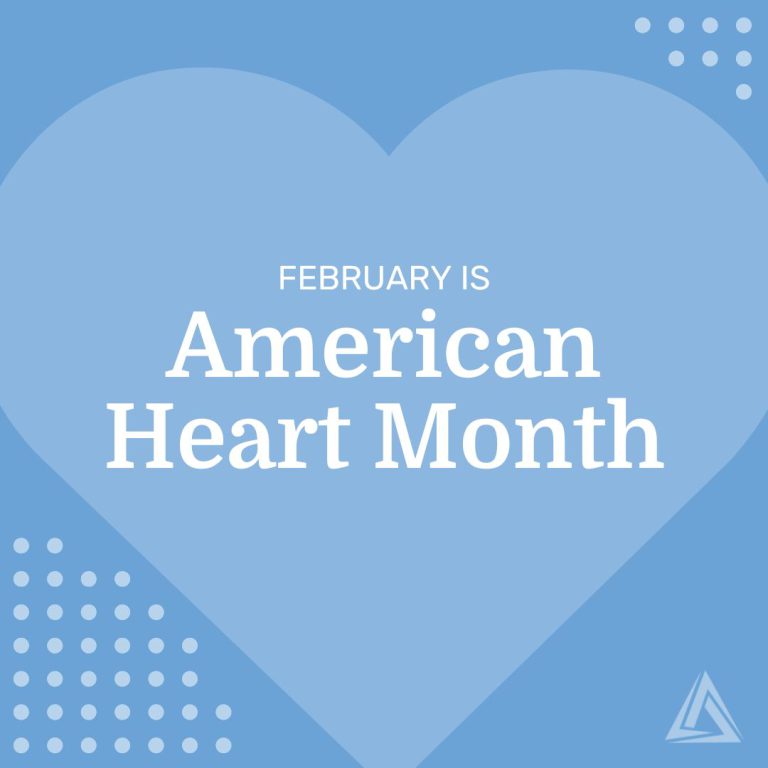Somatus Patient Blog
Keeping Your Heart Health on Track
What’s good for your heart, is good for your kidneys.

Our heart and our kidneys are two powerful organs that work together to keep us healthy. What’s good for your kidneys is good for your heart, and vice versa. Having heart disease can actually affect your chances of developing kidney disease, so keeping a healthy cardiovascular system is important for your kidneys to be able to do their job!
Understanding what some of the common risk factors are for heart disease, like family history or high cholesterol, can help you take proactive measures for your heart health. For example, healthy food habits alone can help reduce three of the major risk factors for heart attack: high cholesterol, high blood pressure, and excess body weight.
Controlling Your Cholesterol
Cholesterol is a waxy substance made by your liver that is also found in certain foods. Your body needs it to build healthy cells but if you have too much cholesterol, it can build up in your arteries and increase your risk for heart disease and stroke.
| Target Level | Definition |
|---|---|
| Total Cholesterol: Less than 200 mg/dL | This is the total measure of LDL cholesterol. HDL cholesterol and other lipids. |
| LDL Cholesterol: Less than 100 mg/dL | This is known as the “bad” cholesterol. Too much of it in your blood causes buildup in your arteries, which reduces blood flow. These plaques sometimes rupture and can lead to heart attack or stroke. |
| HDL Cholesterol: 60 mg/dL and above | This is known as the “good” cholesterol. It helps carry away LDL cholesterol which helps to keep arteries open. |
| Triglycerides: Less than 150 mg/dL | This is a type of fat in the blood. Having a high level of triglycerides can increase your risk of heart disease. |
So, how can you keep your cholesterol at a healthy level?
- Exercise. Stay active by doing activities you enjoy, such as going for a walk, riding a bike, or doing yoga. Pro tip: Exercising with a friend can be fun and is a great way to hold yourself accountable!
- Take medicine(s) as directed by your doctor. Statins are drugs that can lower your cholesterol, and they have also been linked to a lower risk of heart disease and stroke. If you are given medicine to treat high cholesterol, heart disease, blood pressure and/or diabetes, be sure to take it as directed.
- Maintain an ideal body weight or lose weight if you are overweight. Being overweight (BMI >25) puts more strain on your heart. Losing weight can help your heart and lower your blood pressure!
- Avoid smoking. If you smoke, quit. Reach out to your Somatus health support team if you’re having trouble quitting.
- Make heart-healthy food choices. Limit foods that are high in sodium, sugar, and saturated fats and try choosing foods that are high in fiber, such as fresh fruits and vegetables.
- Seasonings that end with the word salt: table salt, kosher salt, sea salt, onion salt, garlic salt and various seasoning salts
- Soy, teriyaki, Worcestershire, oyster, and hoisin sauces
- Packaged dry soup or dressing mixes
- Pickles
- Bacon bits
- Relish
- Some barbecue sauces, ketchup, and mustard
Another tip to remember is that ingredients on a label are listed in order. The first ingredients listed make up most of the food. So if sodium is near the top, that item definitely has a lot of sodium added.
Label Reading 101 for Sodium
| Label statement | Statement means... |
|---|---|
| Sodium free or salt free | Under 5mg per serving |
| Very low sodium | 35mg or less per serving |
| Low sodium | 140mg per serving |
| Reduced or less sodium | At least 25% less per serving. For example, if the original food had 500mg of sodium, this one only has 350mg. |
| Light in sodium or "lightly salted" | 50% less sodium per serving. If the original food had 400mg of sodium, this one only has 200mg. |
| Unsalted or no added salt | No extra salt has been added. |
Looking for more ways to lower your heart disease risk and keep your kidneys healthy? Talk to your Somatus health support team about creating safe exercise goals, healthy meal plans, and implementing other lifestyle changes, so you can enjoy More Healthy Days.
Want more information about the Somatus healthy living program?
Contact us anytime! (855) 851-8354 (TTY: 711) or [email protected].